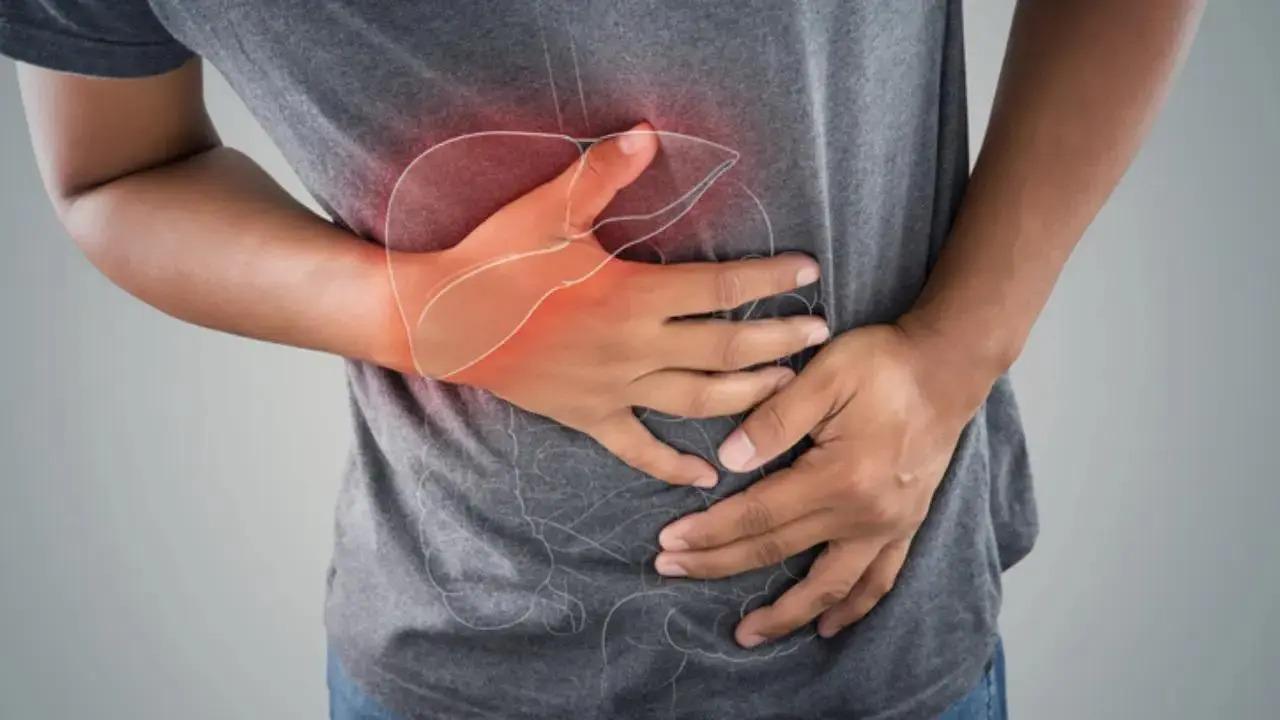
One to three of 10 people are being diagnosed with non-alcoholic fatty liver disease, which is rapidly emerging as a major public health concern closely linked with metabolic disorders such as obesity and diabetes, Union Health Secretary Apurva Chandra said on Friday.
Chandra, who released the revised Operational Guidelines and Training Module of Non-Alcoholic Fatty Liver Disease (NAFLD), here said India has taken the lead in recognising it as a major non-communicable disease (NCD).
“NAFLD is rapidly emerging as a major public health concern, closely linked with metabolic disorders such as obesity, diabetes and cardiovascular diseases. Out of 10, one to three people can have NAFLD which highlights the impact of the disease,” Chandra stated.
He highlighted that the release of revised operational guidelines and training modules reflects the importance being given by the Union Health Ministry to curb the disease.
Chandra said these documents will provide a framework for health workers at all levels, from community health workers to medical officers. He also emphasised the importance of continuum of care for people who have been diagnosed with NCDs and underlined the need for lifestyle modification for reducing the prevalence of NAFLD.
Speaking on the occasion, Punya Salila Srivastava, Officer on Special Duty, Union Health Ministry said these guidelines need to reach the grassroots level workers so that the disease is detected early and the burden of NAFLD is reduced.
She said the release of training module is a significant addition to India`s efforts to build capacities amongst healthcare professionals to tackle the rising burden of NCDs in India.
Dr S K Sarin, Director, Institute of Liver and Biliary Sciences (ILBS), said the release of the two documents is a momentous step whose results will be reflected in the next few years. He noted that many NCDs such as diabetes, heart disease and cancer are linked to liver health, underscoring the importance of maintaining a healthy liver.
NCDs are accounting for more than 66 per cent of death in the country. They are strongly associated and causally linked with major behaviour risk factors such as tobacco use (smoking and smokeless), alcohol use, poor dietary habits, insufficient physical activity and air pollution, the ministry said in a statement.
NAFLD is emerging as an important cause of liver disease in India. It could be assuming a silent epidemic with community prevalence ranging from 9 per cent to 32 per cent, depending on age, gender, area of residence and socioeconomic status, the statement stated.
“In other words, we are saying that out of 10 persons, 1 to 3 persons will be having fatty liver or related disease,” it said.
India contributes high numbers for NCDs globally and one of the core causes of metabolic diseases is in liver. Realising the growing burden and urgent need to address it, India became the first country to integrate the NAFLD in the National Programme for Prevention and Control of NCDs in 2021, the statement said.
Considering the recent evidence-based interventions in the field of NAFLD, there was a dire need to revise the guidelines with updated information for prevention, control and management to equip the medical care providers and help in prevention and control of NAFLD.
The guidelines focus on health promotion and early detection which are important for ensuring that patients with NAFLD receive timely and appropriate care.
It also advocates for a multidisciplinary approach, integrating the efforts of healthcare providers from various discipline to offer a holistic care to individual affected by NAFLD, the statement said.
The effective management of NAFLD requires not only a sound understanding of the disease condition but also a capacity to implement evidence-based interventions at all level of healthcare.
The training module for NAFLD is developed to complement operational guidelines and help in building capacity of healthcare professionals with knowledge and skills necessary to identify, manage, prevent NAFLD particularly at primary level. The module covers a wide range of topic including epidemiology, risk factors, screening, diagnostic protocol and standardised treatment guidelines.
It also reinforces the importance of early detection, patient education, lifestyle modification and integrated care strategies to improve health outcomes, the statement stated.
Also Read: Why contraception is still essential after 40 until menopause is confirmed
This story has been sourced from a third party syndicated feed, agencies. Mid-day accepts no responsibility or liability for its dependability, trustworthiness, reliability and data of the text. Mid-day management/mid-day.com reserves the sole right to alter, delete or remove (without notice) the content in its absolute discretion for any reason whatsoever
